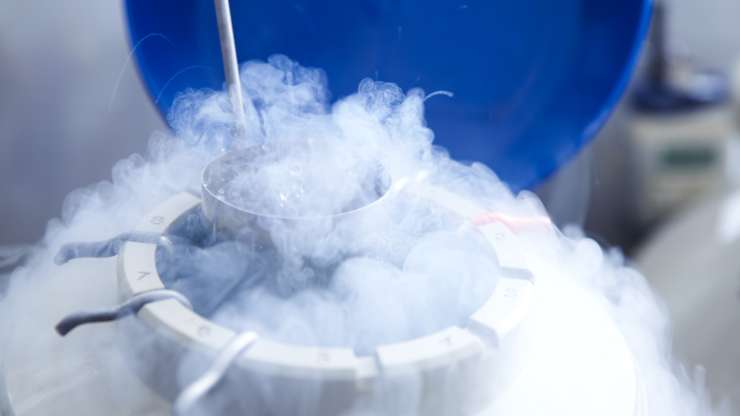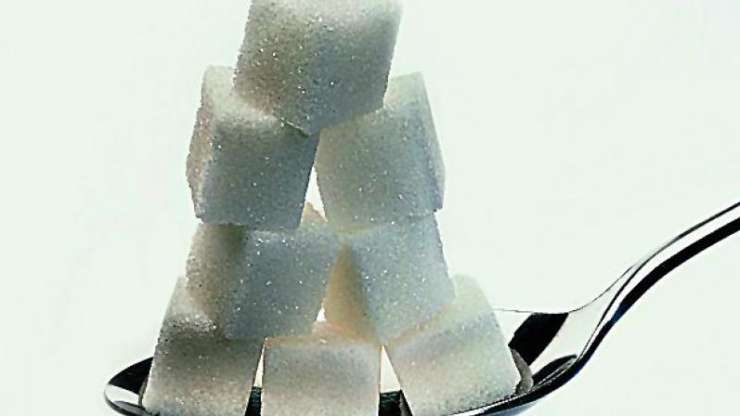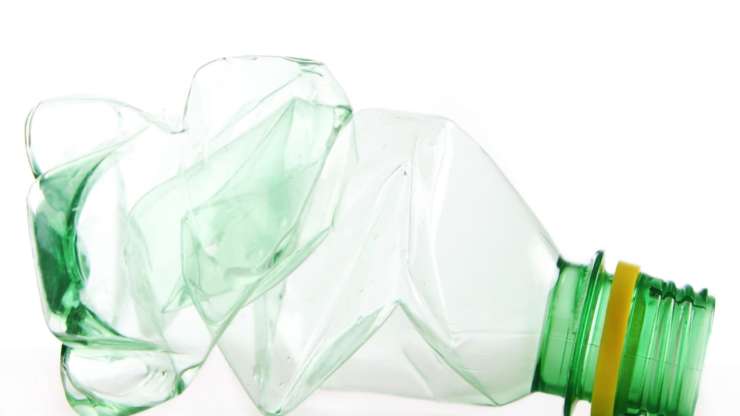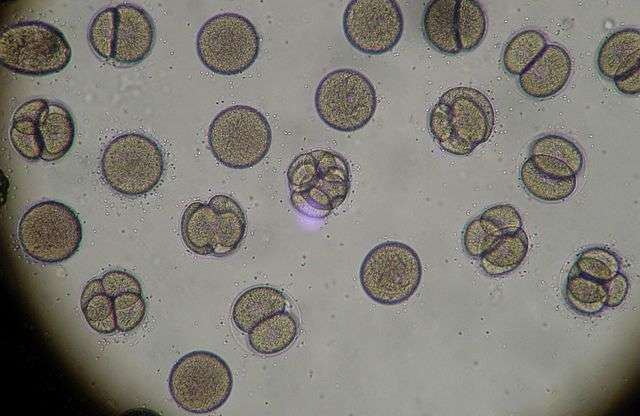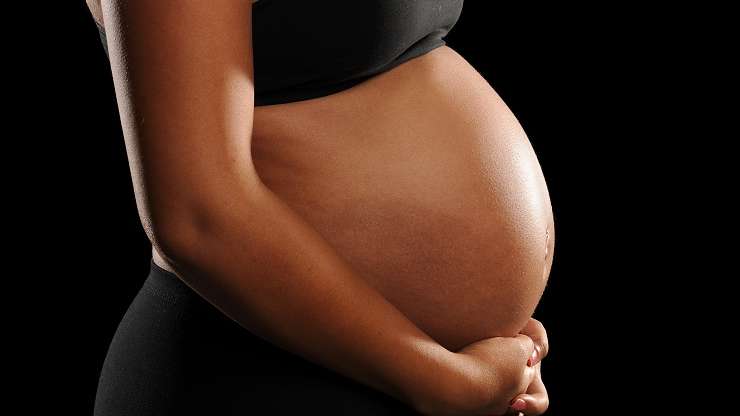Egg freezing is a relatively new and developing technology. The first baby born using a frozen egg was in 1986. However, high failure rates and concerns that freezing would damage the egg chromosomes and cause birth defects, has kept egg freezing on the sidelines for over a decade. Who would benefit from egg freezing? Several groups may potentially benefit from…
